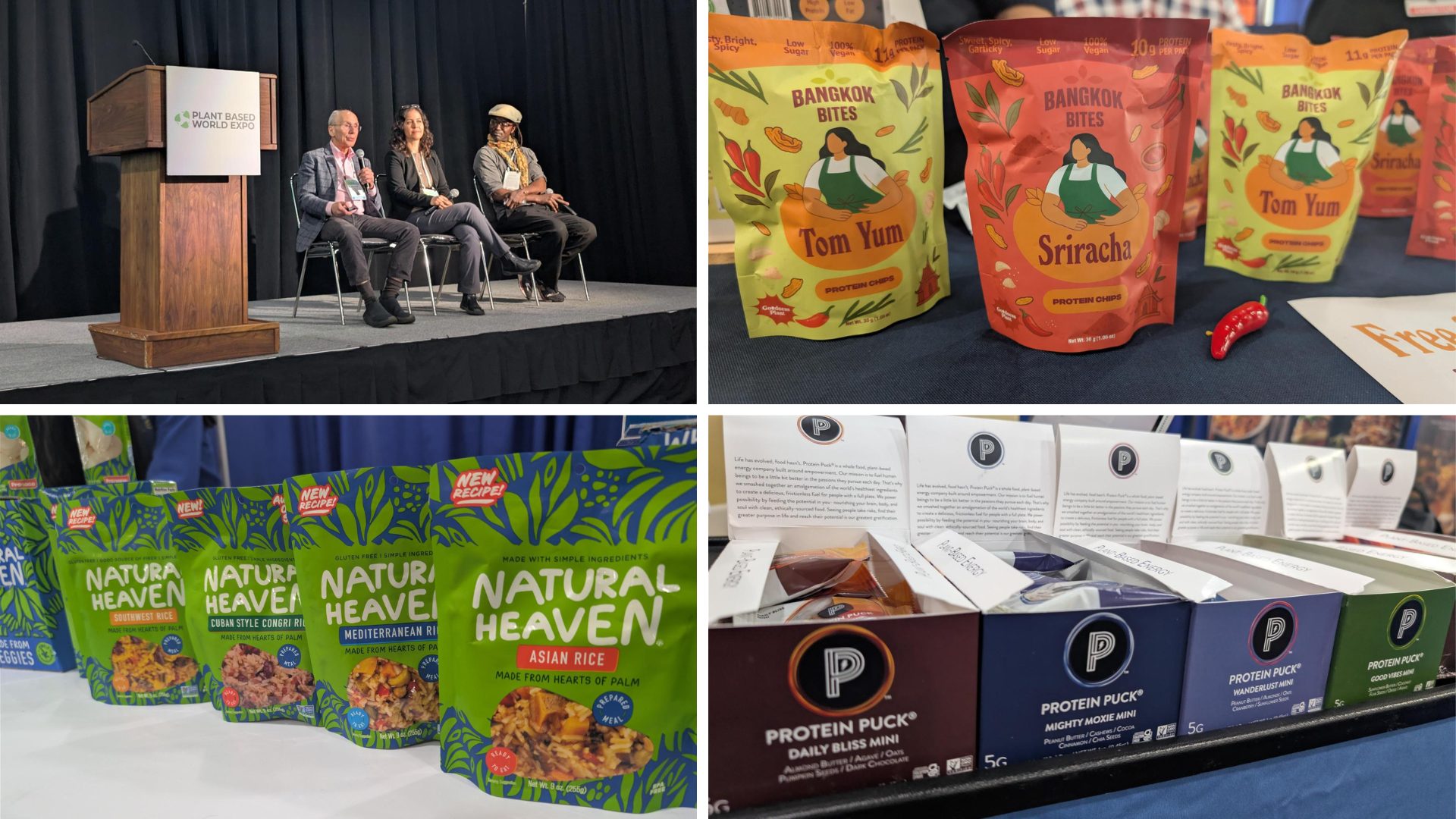This article is written and sponsored by Transparency Market Research.
With global demand for protein ingredients rising, market participants are developing new products and leveraging cutting-edge isolating technologies.
Increasing demand is based on several socioeconomic factors, particularly the rapid pace of urbanization and changing dietary patterns. Especially in low- and middle- income countries, changing protein consumption trends have worked in favor of protein ingredient manufacturers. Microeconomic factors such as pricing and product availability have also been instrumental in influencing the evolution of the market. Sports nutrition is also propelling the growth prospects of the protein ingredients market.
Businesses in end-use industries need to be well-informed about the sources of protein ingredients, their structural characteristics, and physicochemical characteristics. All these determine the functionality of the protein and hence also the choice of the extraction and purification processes to meet the demands in end-use industries. Broadly, the sources comprise plants and animals. Plant-based protein products range from whey protein, milk protein, egg protein, gelatin, and casein and caseinates, while plant-based products are comprised of soy protein, wheat protein, and pea protein. Both animal protein and plant protein ingredients are extensively utilized in the food industry for several applications.
Advancements in protein isolating and membrane technologies have led to the advent of product categories that continue to intrigue businesses in end-use industries. This aside, and perhaps more keenly, players in the protein ingredients market are adopting sustainable production of existing sources of protein. The environmentally sustainability concern—broadly arising from the urge to reduce the greenhouse gases (GHG) emissions—has tellingly impacted the customers’ choice between plant-based versus animal-based protein sources to meet end-user demands.
Advancements in Processing Technologies Enable Dairy Industry Players to Enrich Product Portfolio
Ingredient manufacturers are expanding the array of isolates and concentrates to cater to the requirements of nutritional formulators and dairy processors. Dairy proteins are emerging as lucrative segments, increasingly in Asia Pacific and Latin America economies. Whey-based and casein-based proteins have emerged as popular, high-quality categories. Protein ingredient manufacturers have ramped up investments on advanced processing technologies for whey protein isolates to cater to rising demand.
Improvements in microfiltration and ultrafiltration processes have enabled whey protein suppliers to reduce the lactose content, making the final products more attractive for worldwide consumption. In this regard, membrane separation technology has generated massive interest.
The adoption of membrane separation technology also leads to reduced use of water, energy, and other resources, making the process environmentally sustainable. Dairy protein producers are keen on exporting high protein concentrates to emerging markets in order to capture new revenue streams. Further, growing health and dietary awareness will propel more investments and generate new distribution channels across developing economies.
Both Plant- and Animal-based Protein Ingredients to Attract Customers
The growth dynamics of animal-based protein ingredients is increasingly complex. The changing demand for new taste, texture, and nutritional profile of protein ingredients and the environmental impact of meat production have shaken up the revenue generation potential. The shifting landscape is anchored by the pressing need for sustainable practices.
In recent years, the food and beverage industry has been keen on entering collaborations with ingredient manufacturers who flex their muscle in integrated product portfolios containing animal- as well as plant-based ingredients. The nutritional profile entailing minerals, vitamins, enzymes, and flavors are underpinning the attractive quotient of such products.
Netherland-based Koninklijke DSM N.V. recently announced that it entered into an agreement with a plant-based protein ingredients manufacturer Vestkorn Milling to consolidate its position in the market. The expanded portfolio will help the company meet the demands for protein ingredients among dairy manufacturers, food service suppliers, and other market participants.
North America is one of the lucrative markets. The massive revenue potential leverages a well-established food and beverage sector coexisting with nutritional supplement suppliers. The regulatory framework also has a role to play here. For instance, the U.S. FDA promotes ingredients that offers a better balance of sustainable protein, thus offering tailwinds for the adoption of multiple sources of protein. The regional market is thus ebullient, with novel production and processing technologies driving the market. This undeniably will have a major impact on global food security.
For more insights, download a PDF brochure: https://www.transparencymarketresearch.com/sample/sample.php?flag=B&rep_id=4582
Contact TMR
USA – Canada Toll Free: 866-552-3453
Email: sales@transparencymarketresearch.com
Website: http://www.transparencymarketresearch.com










